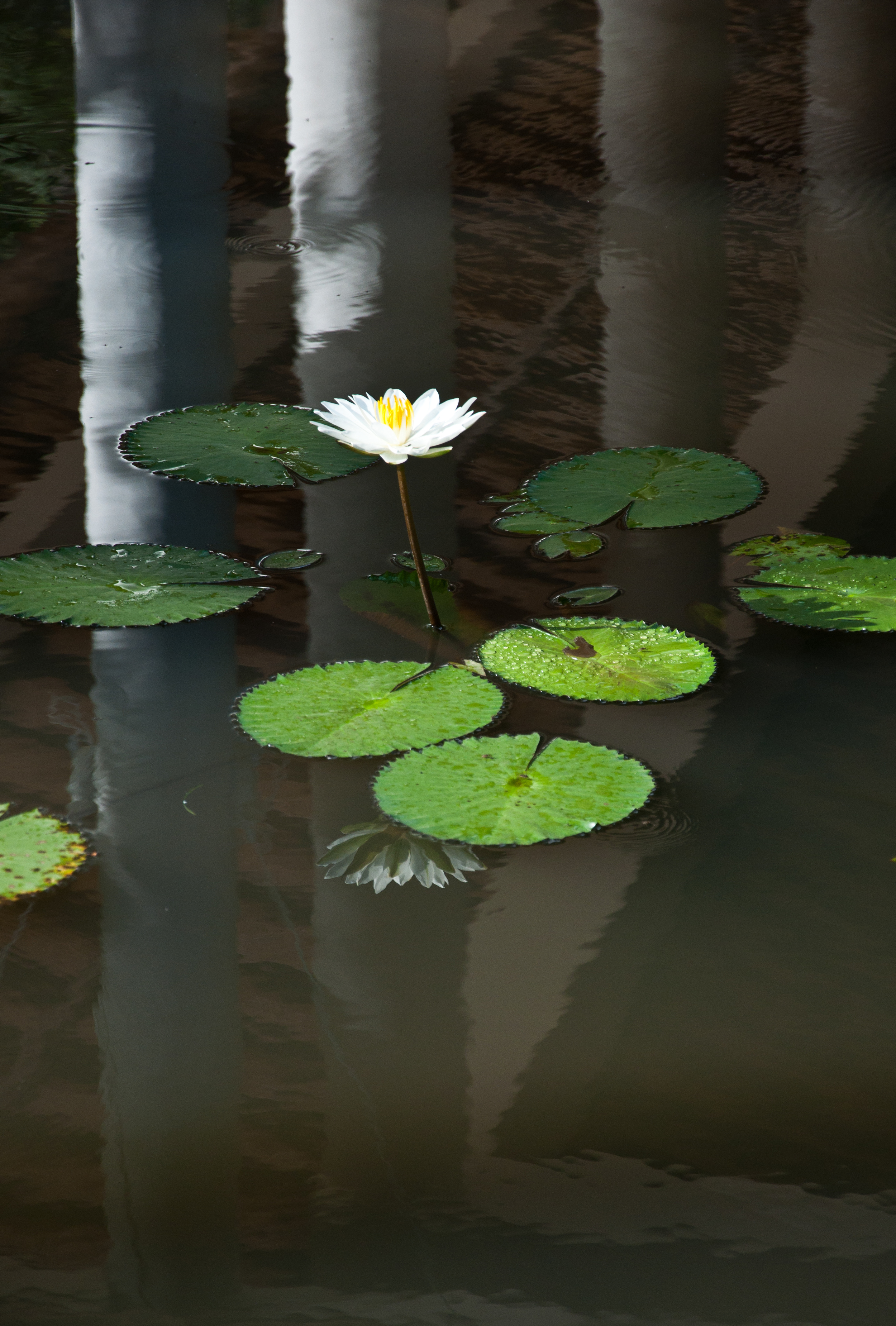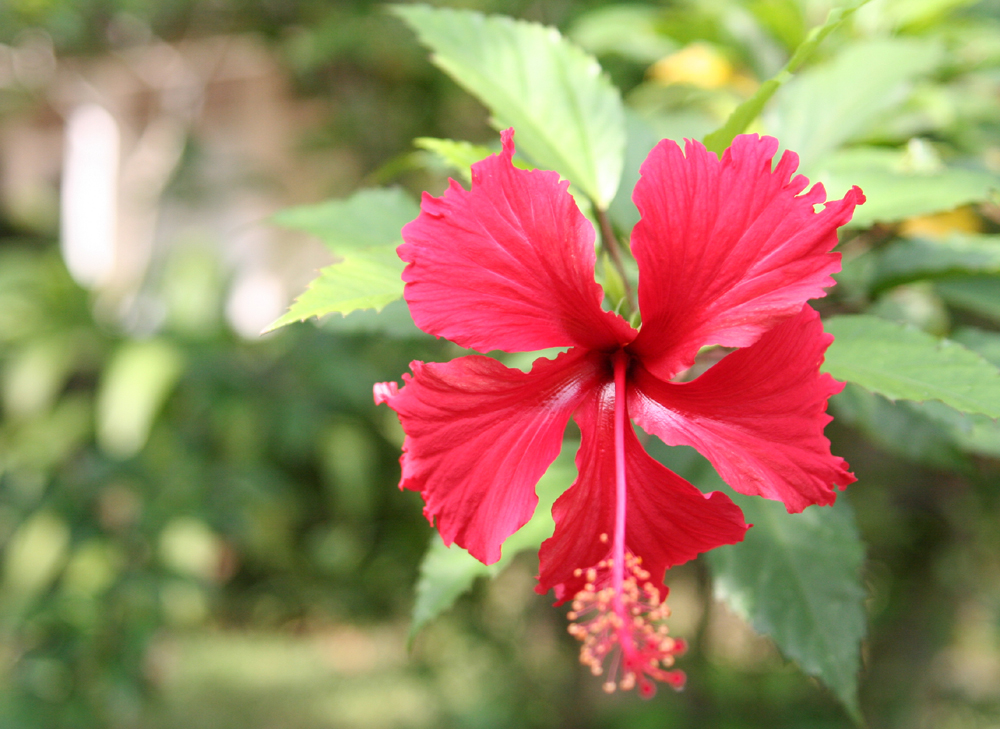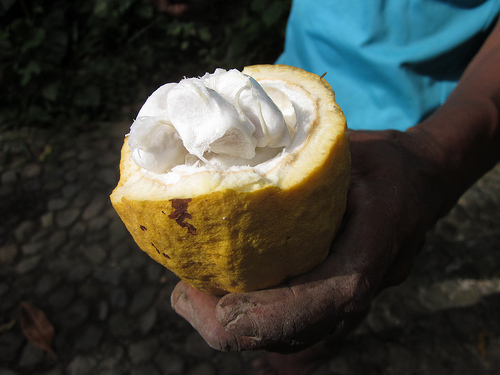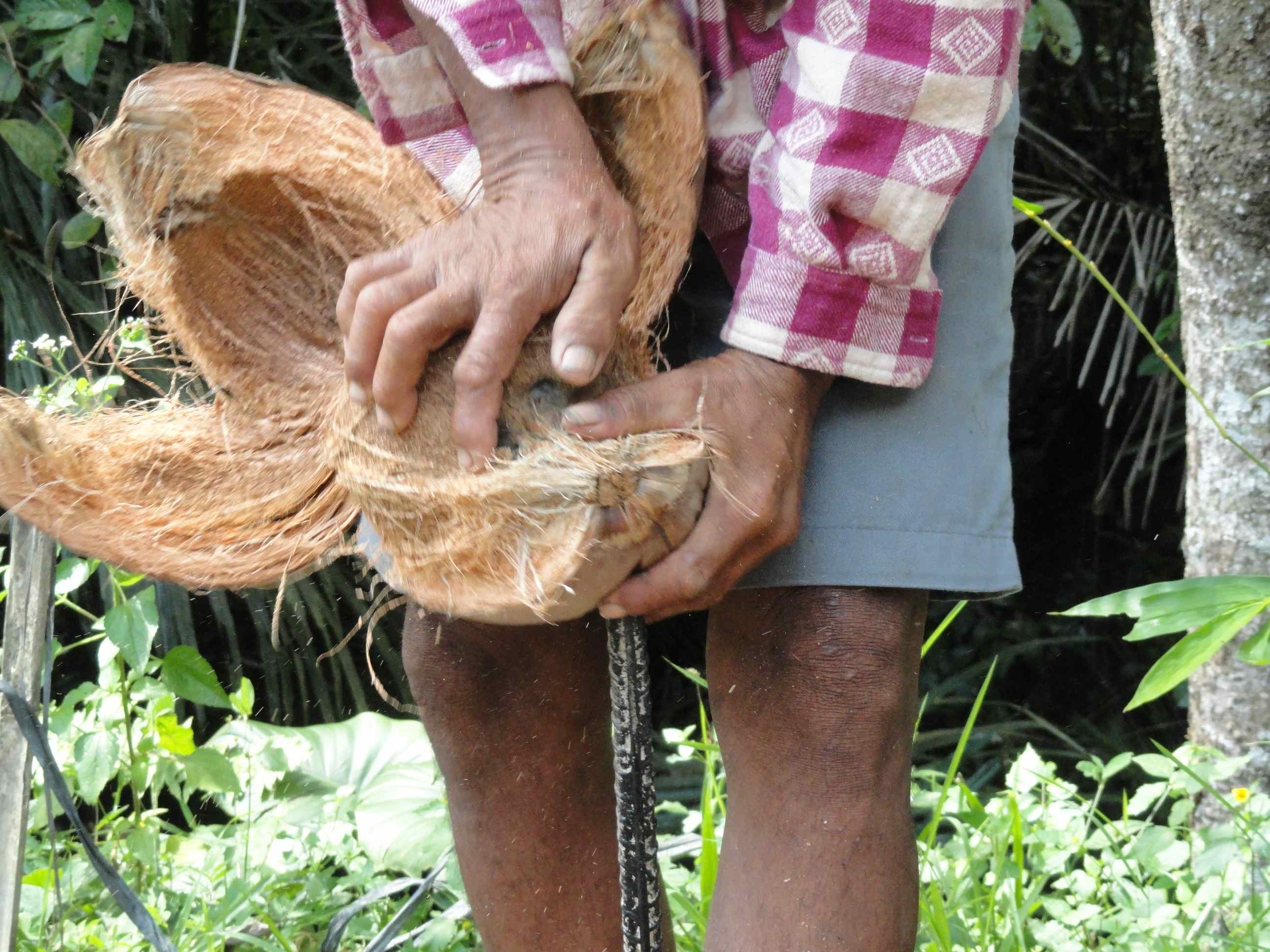The Art of Learning by Doing
/Permaculture in Practice - The Art of Learning by Doing 6th - 30th January 2014
Jiwa Damai encourages a combination of theory and hands on practice in a supportive environment as an important approach to learning and growing. Our internships offer the possibility to design and actualize a project, either as a group or on an individual basis. Our interns receive expert support and guidance while being given the chance to take responsibility for their own learning outcomes.
At this time we are offering places for up to 6 interns to take part in a one-off group permaculture, aquaculture design project, facilitated by our in-house permaculture design trainer Stephanie Garvin. The project will involve designing and implementing an aquaculture project, including building a chinampa system, a technique used in Latin America by the Incas to successfully grow food in wetland areas. We have several swamp areas at Jiwa Damai which lend themselves ideally for such a project. To our knowledge it is the first of its kind to be implemented in Bali. It is an exciting pilot project.
This project includes free theory sessions on permaculture design for chinampa systems.
Following this internship the we offer a Permaculture through the Heart course www.jiwadamai.net/education-activities/
Our offering The Art of Learning by Doing is open for people interested in permaculture, sustainable food production and environmental conservation. No previous permaculture knowledge or experience is needed. We also invite Permaculture Design Certificate holders desiring to expand their practical knowledge and design skills. Participants need to be in good health and physical condition since the project will involve manual work in a tropical environment.
Skills that participants will have the opportunity to learn and practice during this internship include:- Permaculture design methodologies Assessing needs and yields Building a stable, productive ecological system Nutrient recycling Using local and on site resources Water management Aquaculture systems Creating energy efficient systems Planning for diversity and habitat creation Using edge effects to increase yield Teamwork and task management Plant propagation techniques Soil building and composting
For more details or information, or to apply for a place on this internship programme, please contact us at info@jiwadamai.net or using the contact form attached.
Optional Extras We can provide on-site, basic accommodation and meals at Jiwa Damai Retreat Centre and Organic Garden at a discounted rate.
[contact-form][contact-field label='Name' type='name' required='1'/][contact-field label='Email' type='email' required='1'/][contact-field label='Comment' type='textarea' required='1'/][/contact-form]































